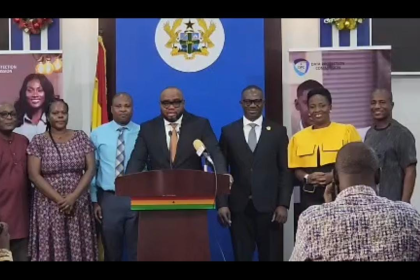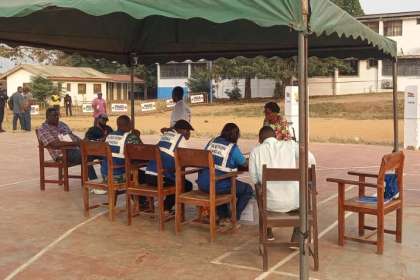Professor Nii Narku Quaynor, a Ghanaian internet pioneer, has cautioned the current and future governments against any attempt to restrict internet access in the country as a measure to control its misuse.
His warning follows growing concerns about a potential shutdown of internet services in recent years, particularly in the run-up to general election.
Speaking at an event organised by the Internet Society Ghana to celebrate 30 years of the internet in Ghana, in Accra, on Thursday, Prof Quaynor warned that such an action would not only erode the many years of gains made by the country to make access to information easier for all, but have dire consequences on the economy.
“…if you are moving, I don’t know, some amount of money, and the internet is shut down, and you’re not able to move the money, all the money you are moving, the taxes and values and things on it, you’ve lost. Just as a basic example, and you can imagine what it does to industry, it’s the same,” he said.
It is estimated that internet shutdowns could result in significant economic losses, with estimated costs exceeding $24 billion globally in 2022.
On social consequences, shutdowns could disrupt critical services, including healthcare, education, and emergency response systems, while restricting internet access could compromise the integrity of elections and undermine public trust.
Prof Quaynor, therefore, urged government(s) to rather work to improve internet connectivity across the country and at a lower cost to users to spur economic growth.
“So, in fact, you (government) should be giving us more internet at, let’s say, better and better price so that we can use it to develop our economy, because it’s also known that the more powerful internet you use, the more your GDP grows,” he stressed.
He called for more investment into homegrown solutions to ensure that Ghanaians owned the internet, grew it to suit them for the purpose of their development.
He also advised Ghanaians to be cautious in how much personal information they provided online as that could lead to the breach of their privacy.
Mr. Eric Yankah, who is credited with the first internet Subscriber of Ghana Dot Com, contributing to a panel discussion at the same event, said the internet had improved his profession and work ethics and expanded his knowledge.
“I have always used the knowledge as a user that I obtained from the net to improve my carrier, to improve work and also to expand the horizon of knowledge that I have,” he said.
Mr. Yankah, however, bemoaned the use of the internet today by the youth for unproductive activities, describing it as “regrettable.”
“I like the fact that there is interest in content creation, I like the fact that people are adopting to technology and are investing, but it must be something that must generate proper growth,” he said.
Madam Dorothy Gordon, a former Director General of the Kofi Annan ICT Centre, called for a coordinated policies on internet connection, both locally and on the African continent, to avoid duplication of efforts and waste of resources.
Mr. Emmanuel Kwarteng, Country Director of MAINE One, urged the youth to build on the existing internet platform and make it better.
He also called for a relook at the education curriculum to align with the current technology advancement to ensure Ghana was not left behind.
Mrs. Maud Ashong Elliot, President of the Internet Society Ghana, expressed the society’s commitment to promoting inclusivity, adding that this year, the organisation was doing more of events that embraced digital inclusion, online safety and women in tech.
She called for more support and collaboration among stakeholders to enable it to advocate for equal access to the internet.
GNA





